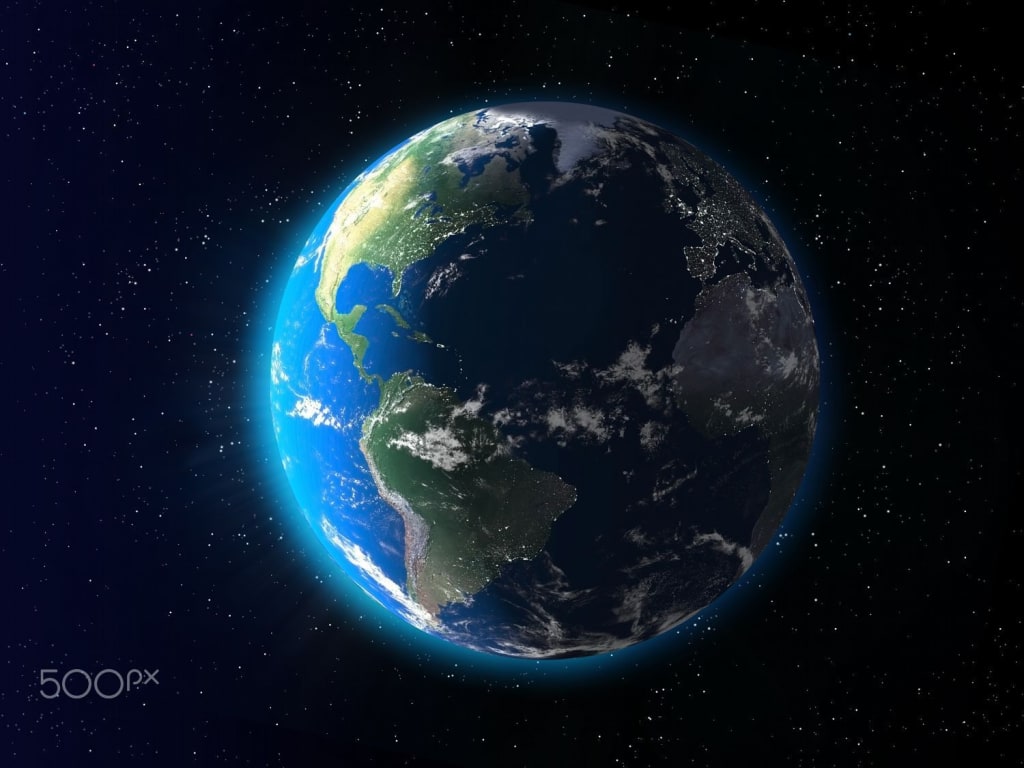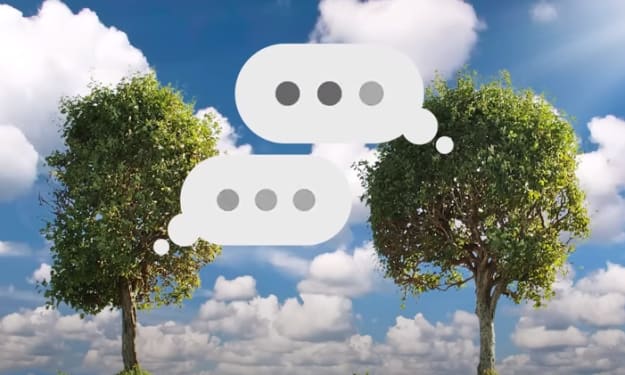How Old is the EARTH
Calculation of the Earth

Can you ask yourself that question? how old is the earth? that's a great question before we tackle the hard challenge of figuring out how old our entire planet is think of something more familiar first how do you know how old you are well you know your birthday and you use a calendar to count each year as it goes by the problem is this doesn't work for counting how many years old the earth is because the idea of counting years on a calendar isn't something we've always done the calendar is something we invented and we only started counting years once we invented it in fact looking at our calendar you can see almost exactly how long we've been counting years about 2 000 years of counting that means there were lots of years before the invention of the calendar years that nobody kept track of but what if i told you you don't need a calendar to keep track of years, there are other things you can find out in nature that keep track of years for us you probably already even know about one of these things can you think of anything in nature that keeps track of years. Do you know the rings inside a tree maybe you've heard about this before. Each ring inside a tree equals one year. You can count the rings inside a tree and find out how old that tree is. This works because as a tree grows it creates a dark layer during late summer every year Unfortunately trees only create rings as long as they're alive the oldest living trees called bristlecone pines have around 4,000 rings so that means Earth is at least 4,000 years old but what if t earth is older than the oldest tree and surely it is right is there anything besides trees that leaves behind some kind of layer every year? something we could count there is in rock it's not quite as obvious as tree rings but scientists realize that the solid ground under our feet contains layers of rock like this big section of sandstone that started out as sand that got carried by a stream and laid down in layers slowly one layer at a time it doesn't always make nice neat light and dark layers the way a tree does but by figuring out how long it takes for a layer of sandstone to form, scientists can measure how thick this rock is and then get a sense of how long ago this section of rock started to form for example say that it takes 100 years for this little one-inch section of sandstone to get laid down by a river if there's 100 feet of rock here then scientists can do some simple math and realize it took over 100 000 years just for this section of rock to form by adding up all the different layers of rock on earth. Scientists started to realize that the earth is much much older than just thousands of years old just by looking at layers of rock Scientists became convinced that the earth must be at least millions of years old maybe even more recently scientists have discovered an even better way of figuring out how old the earth might be using microscopes and advanced knowledge of something called radioactivity scientists can break open rocks and find evidence that the earth is even older than millions of years old it's thousands of millions of years old or in other words billions if you ask a scientist today their current best estimate for the age of the earth is 4500 million years old or 4.5 billion years. The subject of radioactivity is something you can choose to study in high school science so in summary we think that the earth has been around for at least 4 500 million years.
About the Creator
samuel olakehinde
BSc Agricultural Engineering. Music tutor, Article writer, Musician, Song Writer. Livestock Specialist.
Enjoyed the story? Support the Creator.
Subscribe for free to receive all their stories in your feed. You could also pledge your support or give them a one-off tip, letting them know you appreciate their work.






Comments
There are no comments for this story
Be the first to respond and start the conversation.